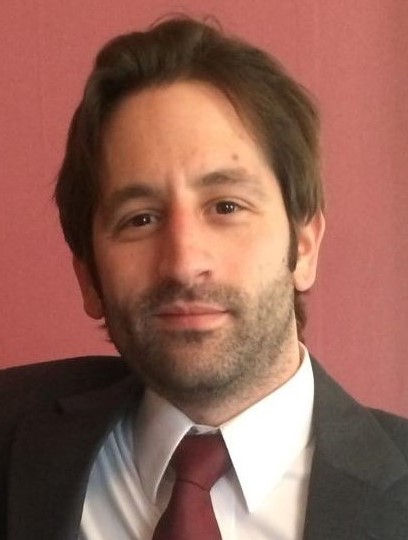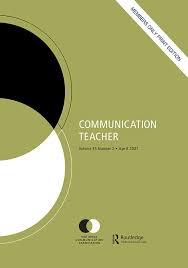Raphael Mazzone

Associate Clinical Professor, Communication
Director, Oral Communication Center, Communication
Education
Ph.D., , George Mason University
Research Expertise
Strategic Communication
Raphael Mazzone (Ph.D., 2017, George Mason University) is an Associate Clinical Professor in the Department of Communication and is the Director of the Oral Communication Center. He teaches courses in strategic communication, organizational communication, public relations, media theory, and intercultural communication. His research focuses on the intersection between information and communication, specifically around role negotiation and identity. An Alumnus of Maryland’s iSchool (MLS, 2006), Raphael has worked for the National Archives and Records Administration and the Associated Press.
Publications
Communication apprehension in the online presentational speaking course: Considerations for synchronous course meetings and asynchronous presentations
Study analyzes qualitative responses (N = 178) to an open-ended survey distributed to undergraduates in presentational speaking courses.
Author/Lead: Victoria LedfordContributor(s): Lindsey Anderson, John Leach, Melissa Lucas, Raphael Mazzone
Non-ARHU Contributor(s): Xiaojing Wang

As institutions of higher education continue to offer online instruction, educators and administrators of presentational speaking courses must adapt their classes for various modes of online delivery. One primary consideration for adapting a presentational speaking course to online delivery is how students will experience communication apprehension and/or public speaking anxiety in online communication contexts. The instructional communication field is rife with research about students’ experiences with speech anxiety and communication apprehension. However, little work has explored how students’ experiences may differ when the primary mode of course communication and course presentations is mediated through either synchronous or asynchronous modes of online communication. If these anxieties in face-to-face settings can deter students’ academic and professional goals (Richmond et al., Communication apprehension, avoidance, and effectiveness [6th ed., Pearson, 2013]), researchers should investigate students’ experiences in online courses. The current study begins to fill this gap. We analyze qualitative responses (N = 178) to an open-ended survey distributed to undergraduates in presentational speaking courses. Thematic analysis revealed the uniqueness of online communication apprehension and its similarities to face-to-face communication apprehension. Implications for administrators and instructors of presentational speaking courses are offered.

